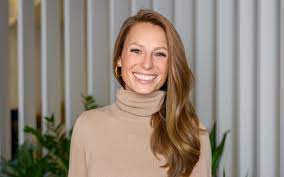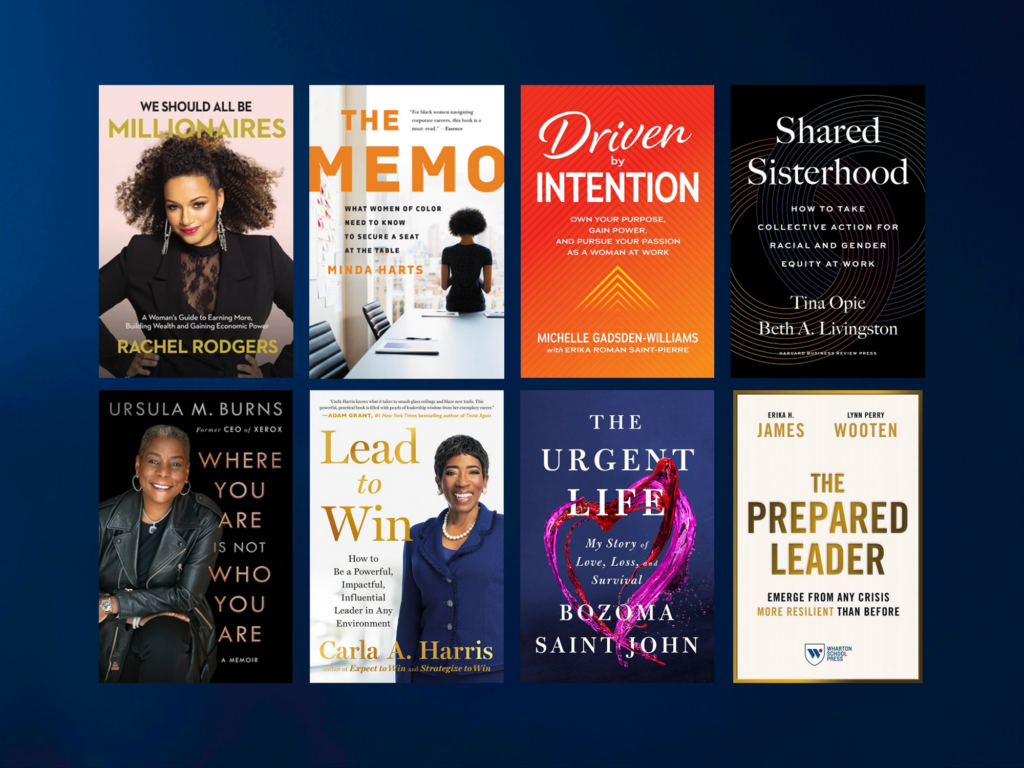How to drive capital to female founders & close the VC money gap

Women in every industry continue to feel the impacts of the pandemic. When it comes to the venture capital (VC) funding world, female founders are dealing with lingering issues much more acutely than their male counterparts.
According to the All In: Women in the VC Ecosystem report, published by PitchBook in collaboration with J.P. Morgan and Beyond the Billion, while female entrepreneurship recovered in 2021, the pandemic “dented years of progress.”
Senior Director of PitchBook’s Institutional Research Group, Nizar Tarhuni, said the research group has seen meaningful growth in the number of women in decision-making roles at VC firms, a positive institutional-level trend that should bode well for female founders.
“However, the measurable Covid-19 setbacks for female-founded companies, despite their consistent performance and resilience, illustrate why we must be diligent about pushing for gender equity within the VC ecosystem,” reflected Tarhuni.
VC firms around the globe are working to narrow the gender gap.
The gender money gap is wide. In fact, it’s far wider in the VC world than the 20 percent overall (much more for women of color) usually cited in general employment statistics. Of the more than 2,000 U.S. companies that went public between 2013 and 2020, only 18 were female-led.
Anthemis is one firm committed to changing that statistic. The global early-stage VC firm has 150+ investments and hundreds of millions of assets under management committed to cultivating change in financial services. As a part of the Anthemis Female Innovators Lab team, Elizabeth Davis has her sights set on investing in female fintech founders.
MBAchic connected with Davis to dive into why her MBA helps her succeed in the fintech space, what her investment strategy looks like, and how she says female entrepreneurs can ask investors for cash with confidence and diplomacy.
“Public fintech companies have re-rated 50-70%, ultimately impacting the private markets,” says Davis. “To some extent, rationality has returned to the market with investment timelines reverting back to pre-COVID hysteria of 3-5 weeks allowing time for greater diligence from VCs, and founders alike.”
“Because we have seen funds become more selective with their investments over the past couple of months, my advice would be to focus on traction and product-market fit,” suggests Davis. “The best way to raise is to execute.”
Prior to achieving her MBA at the Tuck School of Business at Dartmouth, Davis was busy. She worked at The Coca-Cola Company in Global Sustainability in India, Istanbul, China and Atlanta, founded a company focused on building impact programs for Fortune 500 companies like Aflac, Staples and LG, and worked with female founders at an advertising agency. Her professional experiences led her to confront the glaring challenges that women face in raising venture capital funding.

“I saw an opportunity to make an impact by driving capital to female founders, and that vision aligned perfectly with Tuck’s mission of bettering the world through business,” says Davis. “An MBA helped accelerate learning around financial modeling, company scenario analysis and fund portfolio construction.”
Now at the Female Innovators Lab, her team looks to invest in companies at the earliest stages of their journey. To determine the highest quality investments on the table, they place a big emphasis on the individual team they’re interested in and why they are uniquely positioned to solve the problem their company is focused on.
“There is no one-size-fits-all when it comes to identifying successful founders in terms of age, education, or work experience,” explains Davis. “We look for founders who have deep subject matter expertise in the industry, have a different perspective of a problem, are resilient, and are able to sell the vision to employees, investors and customers. We will also look at the company’s unique value proposition, customer acquisition and go-to-market strategy, the white space opportunity, and if this is something that needs to exist in the market.”
The industries that are most likely to receive cash flow are constantly changing. Back in 1980, HBR cited that nearly 20% of venture capital investments went to the energy industry. By the late 90s, the flow of capital shifted rapidly from genetic engineering, specialty retailing, and computer hardware to CD-ROMs (talk about a throwback), multimedia, telecommunications, and software companies.
As for what’s next on the horizon? Davis is focusing time and attention on the Crypto and Web3 markets.
“The crypto market has garnered significant attention from the investment community, with VCs investing $33bn in crypto & blockchain startups in 2021, and an incremental $9.7bn during the first half of 2022,” says Davis.
“However, less than 5% of crypto entrepreneurs are women and only 15% of bitcoin investors are women. I’m very excited to invest in more crypto & web3 startups that are founded and led by women.”
Remaining resilient is easier said than done in a space that has a lot of elements stacked against the women who occupy it. When it comes to standing out and asking for the cash necessary to grow, Davis advises female entrepreneurs to show up as their authentic selves.
“I want to get to know you, why you created this business, why you’re uniquely positioned to solve this problem, and why you’re the next founder we want to invest in,” says Davis.
Davis wants to challenge the tired misconception that there is a pipeline problem in VC. She rejects the notion that there are not enough female founders starting fintech companies.
“That is 100% false. Over the past 2+ years that I have worked at Anthemis on the Female Innovators Lab team, we have met with thousands of female founders in fintech and invested in ten incredible companies across the world,” explains Davis.
“While it can be disheartening to read some of the statistics around capital going to female founders, where I am optimistic is that more funds are focused on investing in underestimated founders, and have a mandate to support that.”
Are you a female founder looking to share your story or get expert guidance? Join the MBAchic community and comment below to get in touch with our editorial team.

Photo by Khusen Rustamov







